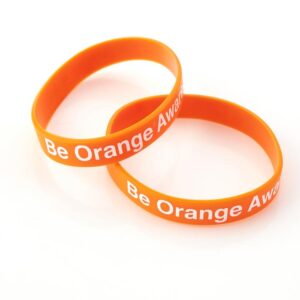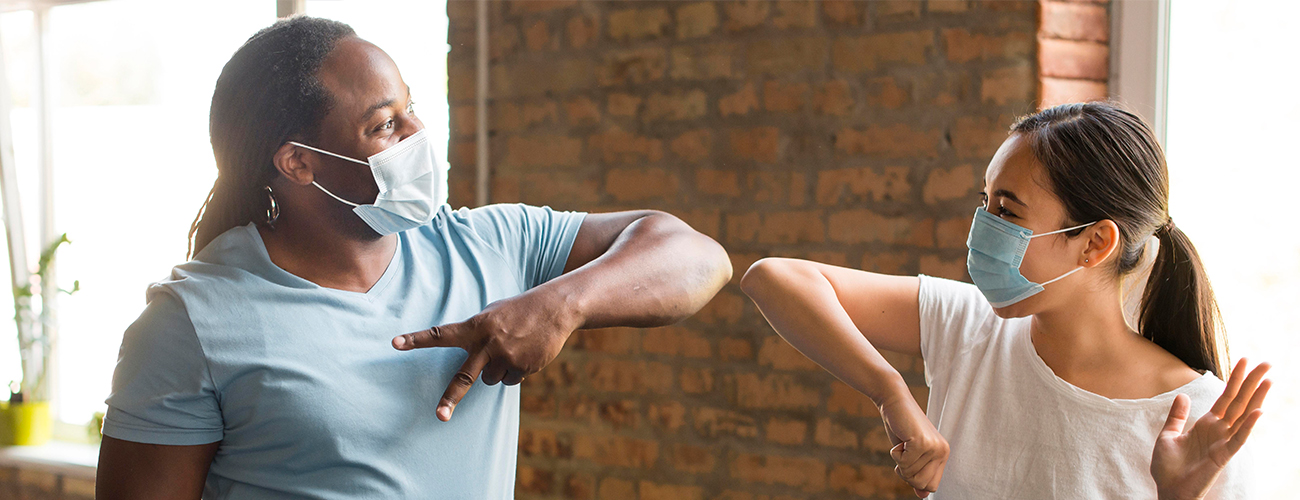We all learn how to behave socially, and the rules vary based on our cultural backgrounds. We may shake hands, high-five, hug or air-kiss when greeting others. In some cultures, you never chew with your mouth open, while in others nobody really care. For some, it’s fine to toss money to the person you’re paying; for others that is extremely offensive.
In the current COVID situation, until there are effective vaccines or treatments, the only effective safeguard we have is being careful in how we interact with others: how we greet each other, how we behave in groups, how we project expectations of others’ behaviour, and how we react to unexpected situations.

How do you tell others you’re not comfortable in a particular situation. Conversely, how do you tell whether others are uncomfortable? Is it even possible to organise social events such as birthday celebrations, friendly get-togethers and workshops that are enjoyable and positive?
This is of great concern to us here at Hepatitis SA. Our client communities, many of our staff, volunteers and members, or their families are especially vulnerable to the effects of COVID and other infections.
Consider these examples:
- Janet attends an education workshop where the presenter uses their laptop as a display. Participants have to crowd around the presenter to view the screen. The workshop lasts for most of a day, with everyone in close proximity. Janet feels uncomfortable, but feels it’s rude to complain. The presenter is not practising good COVID etiquette, but what are the boundaries of courteous behaviour? Would it be rude for Janet to whip out a facemask? Is the onus on Janet to explain why she is doing that?
- Brett lives in a region with very low COVID cases. He attends a get-together with a group of old friends. The gathering is in a restaurant, with every table occupied, and people greeting one other with hugs and handshakes. Service is provided with no physical distancing. There is shared food on the table and lots of high-spirited joking and singing. Brett feels he can’t reject the extended hands and warm greetings, but also feels very uncomfortable and vulnerable. Is it unrealistic to expect everyone to follow the rules? He does not belong to a vulnerable category, but would prefer not to put himself at risk anyway. Is Brett overreacting or being too anxious? Do good COVID manners require us to state our preferences clearly before participating in a social event, or is the responsibility the other way around – that we should not assume others are relaxed about the rules even if we are?
- Kim’s daughter is invited to a birthday party. The invitation says the party would be COVID-safe: outside with only 5 kids. It turns out to be 5 kids plus their parents, and some younger siblings and babies. People are sitting in a small backyard and veranda, less than half a meter apart. There is shared food on a side table, and kids playing normally with lots of physical contact. Kim feels she can’t spoil the party for her daughter and friends by leaving or even by sitting further away the other adults. But she has older family members at home who are vulnerable. What can she do without spoiling the fun?

In all these cases, there is a genuine risk of COVID spread. Plenty of people have contracted the virus without being aware they were exposed, and gone on to mingle with other people before finding out that they are COVID-positive. Through a mix of good management and good luck, South Australia has so far been relatively unscathed, but there are no guarantees that this will always be the case.
So the big question is: what’s good COVID etiquette? When is it OK to shake hands, hug, and get physically close? Two main approaches suggest themselves. The first is that it is up to individuals to declare their vulnerabilities, such as compromised immune systems, so that others know to follow physical distancing rules with them. The second says that nobody should have to declare their vulnerability because we should automatically act as though everyone is vulnerable, unless special circumstances call for the breaking of that assumption. After all, some people who are at extra risk don’t even know it.
One possible way to manage the first approach is the OrangeAware campaign. For this, people who are unusually vulnerable wear orange—an orange badge or ribbon or wristband—to warn other people. As OrangeAware’s founders put it, “If you are at higher risk of contracting or at most risk to the effects of COVID, if you are a frontline worker, have low immunity, are immuno-compromised, if you are elderly and feel at more risk, if you care for or work with anyone who is at special risk to COVID—please wear orange as a gentle reminder to let everyone around you know to take extra care and keep their distancing.”

This has the advantage of simplicity and also doesn’t require those who are vulnerable to have to go out of their way to verbally identify their issues in every social interaction. But it also has a couple of obvious disadvantages: most people aren’t going to have heard of OrangeAware or know what the colour signifies, and it requires the vulnerable to single themselves out and draw possibly unwanted attention to themselves. As one person interviewed for this article explained, “I take issue with the OrangeAware approach where the vulnerable person has to declare to the world that they’re vulnerable.”
These drawbacks suggest that the second approach is a better idea. If we act as though everybody is vulnerable, and take appropriate precautions, then it makes every situation safer for everybody. Look at the practice of universal precautions in healthcare: nurses and doctors act to protect themselves and others from blood-borne viruses like hepatitis and HIV, as well as other infections, as a matter of course, whether or not the people they are dealing with have told them that they are living with such a condition. Hepatitis SA are great supporters of the concept of universal precaution, as it both helps remove the need for people to subject themselves to stigma through trying to make other people safe, and lowers everybody’s risk of contracting viral hepatitis and other blood-borne diseases.
If we all act as though everyone is vulnerable, nobody needs to volunteer private information about their own lives. Nobody needs to be made to feel uncomfortable or guilty about speaking up in a situation being recklessly managed, whether that’s at work or in their social life. Nobody needs to endanger themselves or their loved ones because of somebody else’s assumptions about what is safe and appropriate. Nobody should be made sick with a life-endangering disease because of peer pressure or embarrassment.

Of course, some people are always going to be too ignorant, macho, bloody-minded or thoughtless to act in this way. But if everybody else is making safe behaviour normal, then the number of risky situations will be dramatically reduced, and the chances of spreading COVID will be minimalised.
So how can those in charge of organisations and activities be encouraged and supported to make this the normal way of doing things? As always, the answer is likely to be a mix of the carrot and the stick. Governments, employer bodies, companies, unions and community groups need to be unequivocal about what is acceptable, and they need to be supported with resources and funding to make it as easy as possible to make interactions COVID-safe. But individuals need to be supported too, with clear ways for them to raise issues or make complaints without being punished for it.
COVID is likely to be a part of life for some time to come. But we are lucky in that it is a disease the dangers of which can, to a great degree, be minimised by forethought and simple precautions. Let’s work together to make caring for one another’s health an automatic part of how we interact.
Do you have a story about a difficult COVID-unsafe situation? Contact us in the comments below or at editor@hepatitissa.asn.au to let us know.
